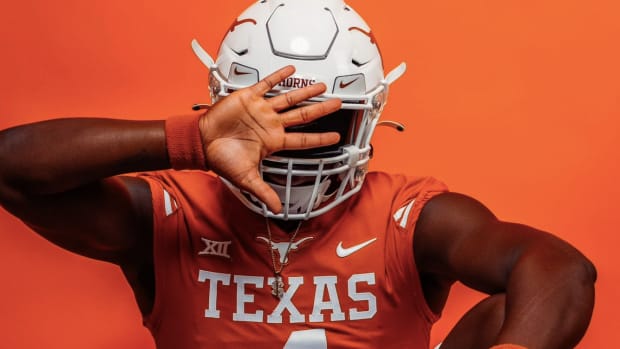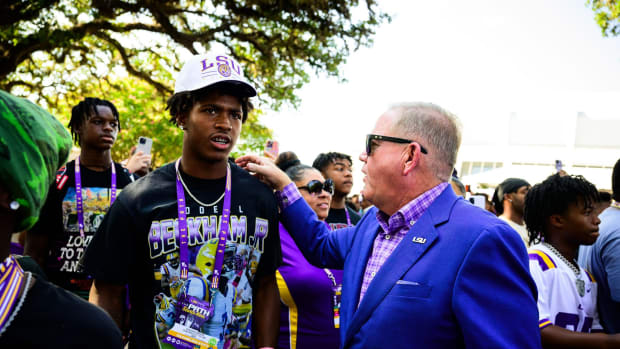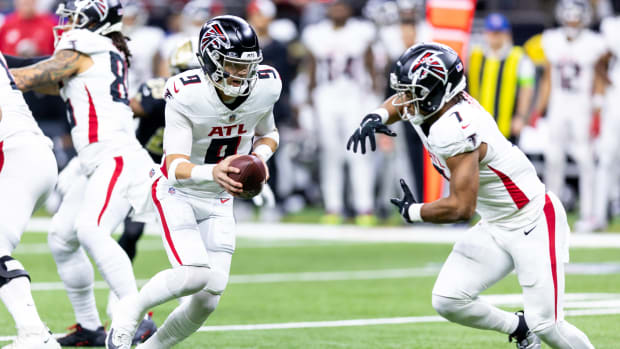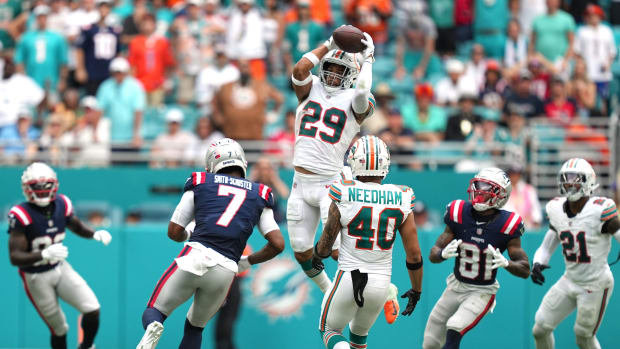NCAA Football: Guess What? There are More Transfer Rule Changes Coming
Brace yourself, the NCAA transfer rules are about to change yet again.
Just two years after the advent of the NCAA Transfer Portal, a ubiquitous database that keeps track of all players intending to move to a new school, it appears the body that rules college athletics is going to make it even easier for players to change schools mid-career.
There has been a tremendous groundswell to come up with a consistent rule regarding player eligibility after transfers and it looks like it's coming down the pike sooner rather than later.
The new proposed rule will allow for a player to change schools one-time penalty-free during their college career, which when added to the current rule regarding the transfer portal, essentially creates a form of 'free agency' in both college football and basketball.
Previously a school had the ability to "block" a transfer, which would result in a player being forced to sit out a season and forfeit that year of eligibility, but the NCAA's "waiver" process has further complicated the process. Some players (like Ohio State's Justin Fields) were granted immediate eligibility due to a waiver. Others (like Bru McCoy from Texas to USC) sat out after transferring.
Then there's the graduate transfer rule, which allows players to gain immediate eligibility once they complete a four-year degree at their original institution. The Longhorns have taken advantage of this rule over recent seasons with the addition of players like guard Parker Bruan (Georgia Tech) and Tre Watson (Cal).
Coaches are certain to hate this rule change. We'll hear several of them sound off about it as spring football starts and they meet with the media. They'll likely offer up foreboding statements about how this will fundamentally change the game for the worse.
While the new rule will certainly change the college football landscape, it's also probably overdue.
The fact that unpaid players have a harder time getting out of a commitment to a university than a coach making seven figures a year is a little insane.
The NCAA has been behind the times on a lot of issues (like players being able to monetize their likeness rights). This isn't exactly a complete 180 for the organization, but coupled with a few other changes, this is another step toward honoring the players who make college football the best sport in the world.




